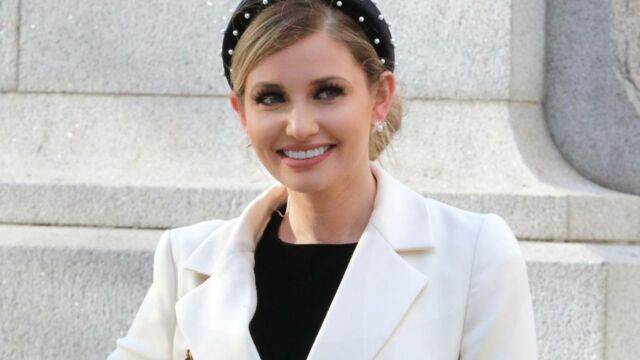Love Island 2019’s Amy Hart has successfully frozen her eggs after discovering that she’s at risk of going into early menopause. Explaining her decision on Loose Women, Amy said:
Discover our latest podcast
I’ve now got the decision to make of what I do next. But it is definitely a weight lifted off. If I met the love of my life, I might need to use those eggs with him. So you know it’s just like a little insurance policy.
After speaking out on the show, Amy took to Twitter to thank fans for their support, writing:
Thanks for all your lovely messages! 5 in the freezer with a few more possibles. It’s been a *journey* but I’ll continue to speak about future proofing your fertility, IVF inequality and solo motherhood as if I can use my platform to make one person feel less alone I will!
What is egg freezing?
Egg freezing, also known as oocyte cryopreservation, consists of removing eggs from a woman’s ovaries and freezing them until she wishes to get pregnant. It’s still a fairly rare procedure and doctors warn that its success is not guaranteed. The chances of getting pregnant with frozen eggs are lower than with fresh eggs.
Who can have their eggs frozen?
Egg freezing is available at most IVF clinics but it is usually only available on the NHS if you are having medical treatment that could affect your fertility. Having your eggs frozen privately in the UK costs around £3,000 to £4,000 plus £250 to £350 per year to have your eggs stored. If you then decide to use them to try and get pregnant, it will cost you another £3,000 to £4,000 to have them thawed, fertilised and implanted.
Whilst egg freezing is most common in women in their late 30s, experts advise that the younger you freeze your eggs, the more likely they are to result in a pregnancy down the line. According to fertility experts, the ideal age to get your eggs frozen is most likely under the age of 30.















